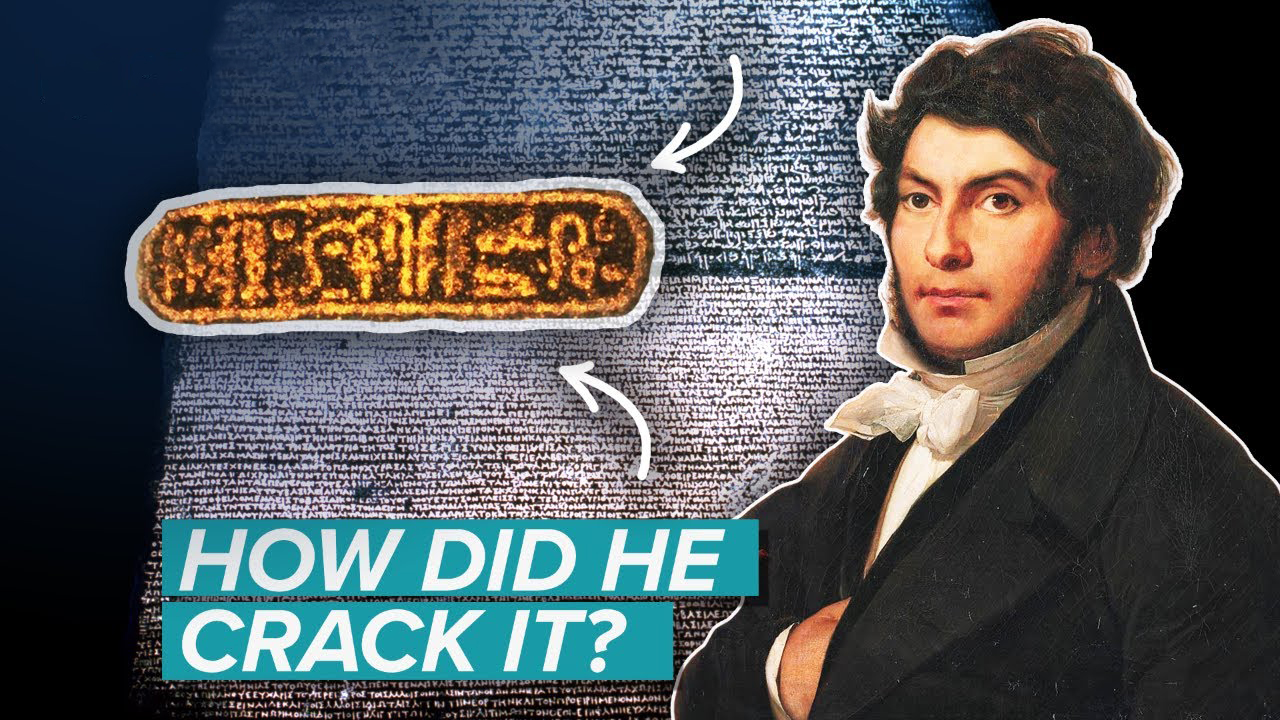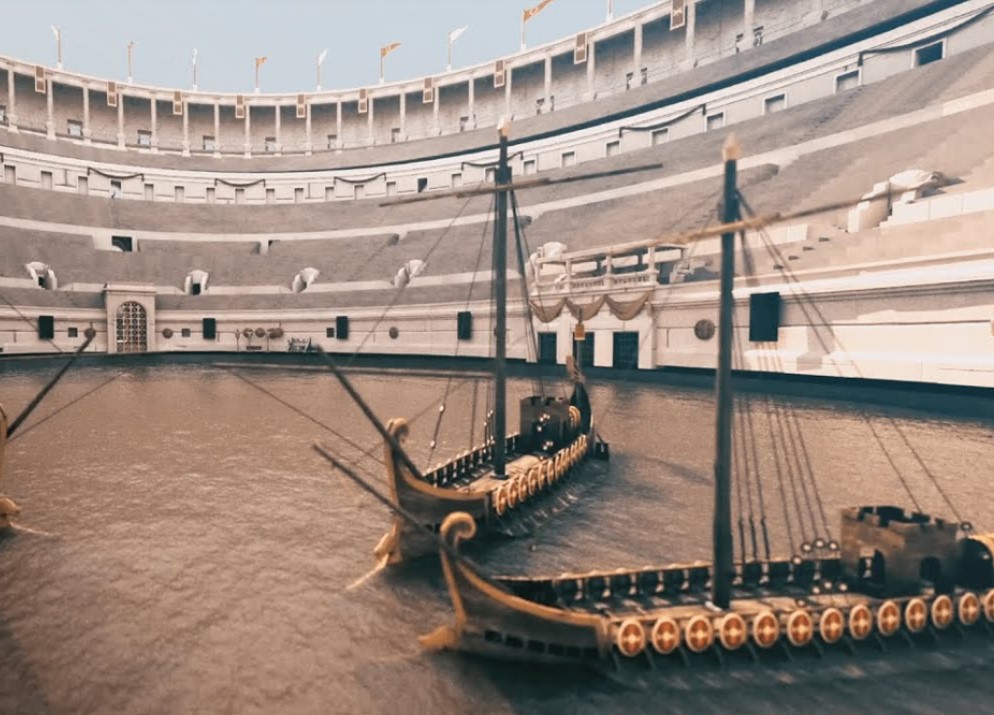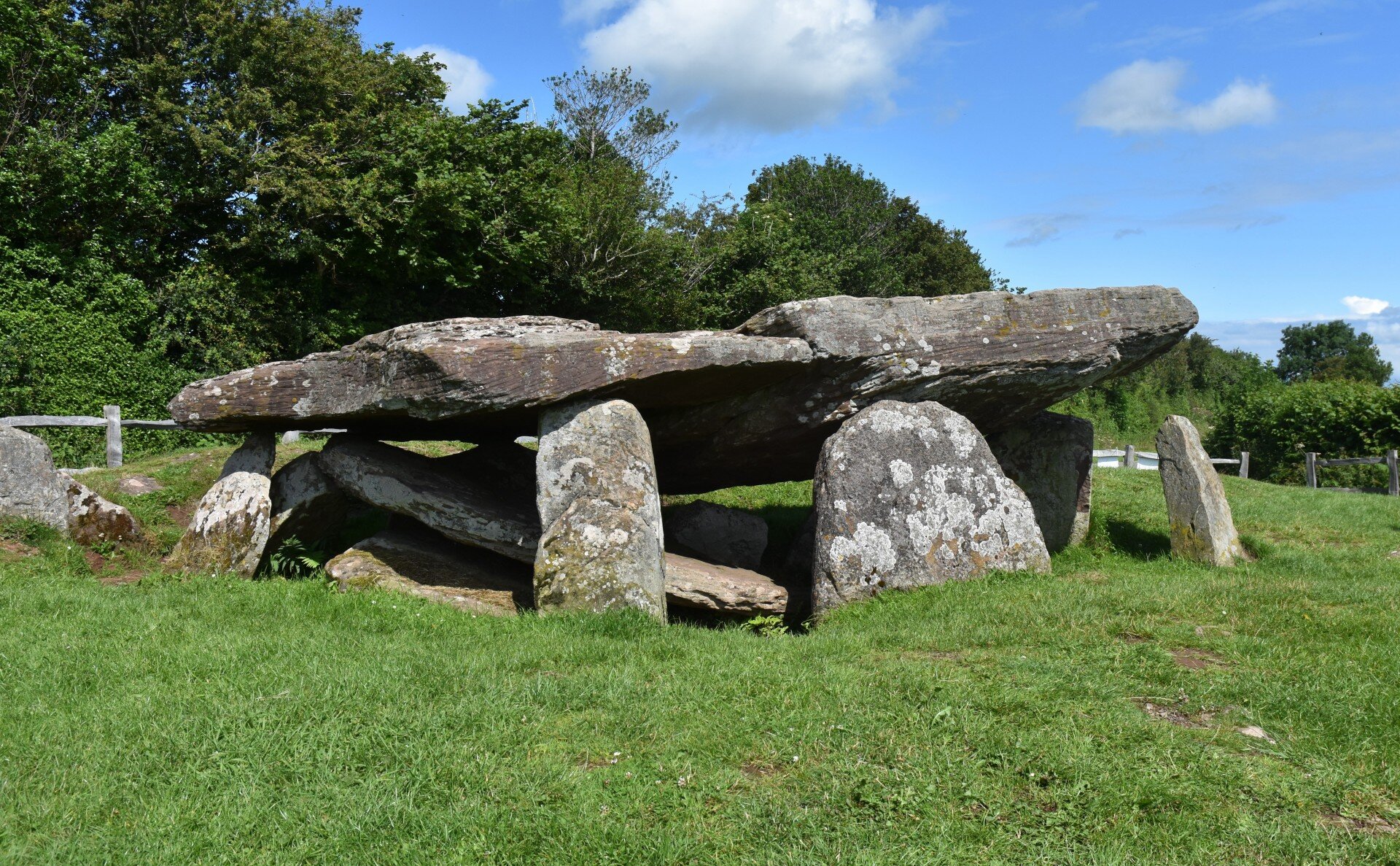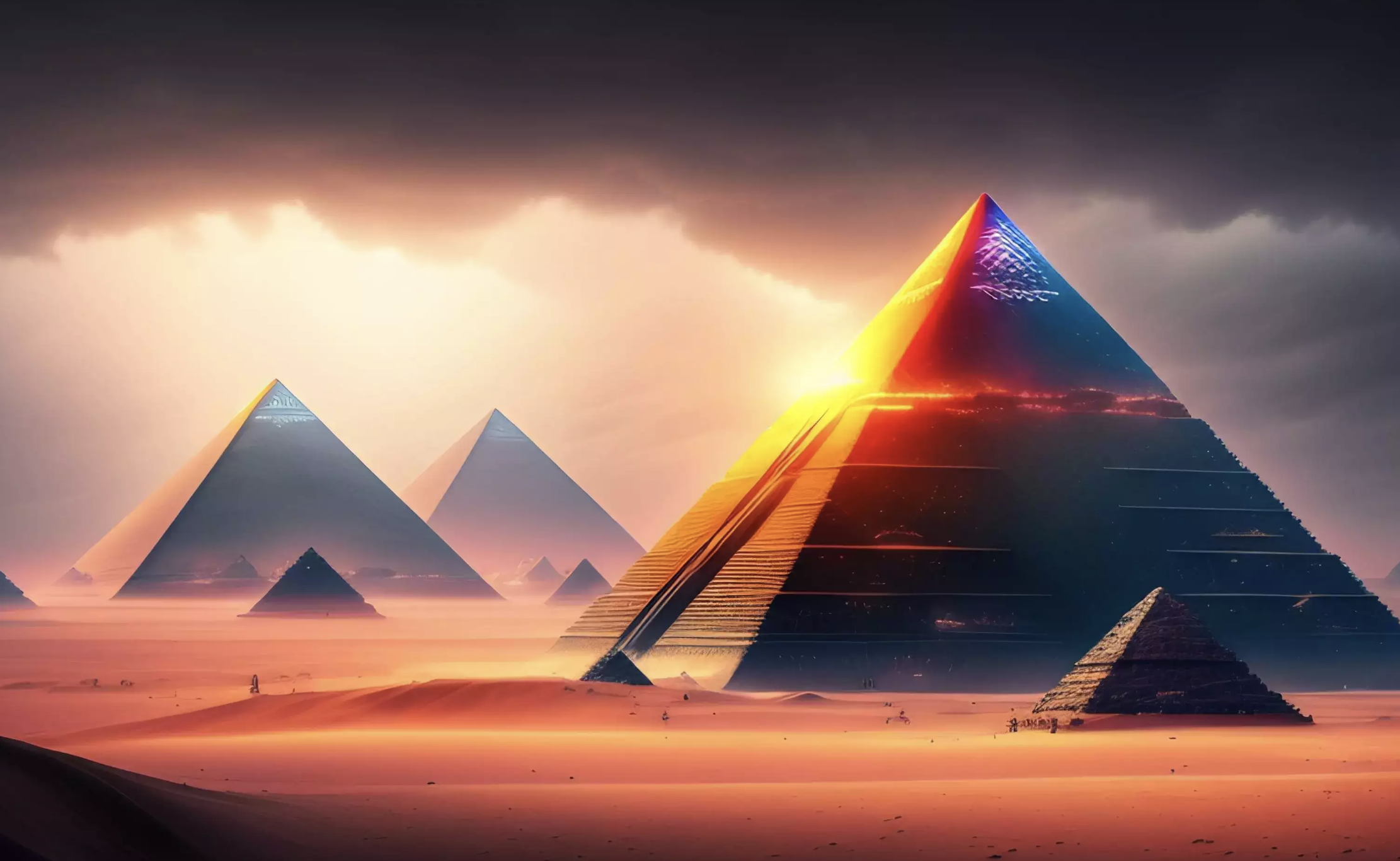The Remarkable Artifact that Transformed Our Understanding of Egyptian History
The Rosetta Stone, a remarkable artifact discovered in 1799, has played a critical role in deciphering the mysterious script of ancient Egyptian hieroglyphs. This groundbreaking discovery opened the door to a wealth of knowledge about one of history’s most enigmatic civilizations. In this article, we delve into the fascinating story of the Rosetta Stone, its significance, and the impact it has had on our understanding of ancient Egypt.
The Discovery of the Rosetta Stone
The Rosetta Stone was unearthed by a French soldier named Pierre-François Bouchard during Napoleon Bonaparte’s Egyptian campaign. The black basalt slab, measuring approximately 44 inches tall, was found near the town of Rashid (also known as Rosetta) in the Nile Delta. Inscribed upon the stone are three distinct scripts: Greek, Egyptian hieroglyphs, and Egyptian Demotic. This unique combination of languages would prove to be the key to deciphering the lost language of the ancient Egyptians.
Cracking the Code: The Decipherment of Hieroglyphs
For centuries, scholars had been unable to understand the meaning behind ancient Egyptian hieroglyphs. The Rosetta Stone’s inscriptions, however, provided the necessary clues to finally unlock the secrets of this cryptic script. The Greek text, which was still understood in the 19th century, acted as a translation guide for the other two scripts. French scholar Jean-François Champollion is credited with deciphering the hieroglyphs in 1822, paving the way for a deeper understanding of Egyptian history and culture.
The Contents of the Rosetta Stone
The Rosetta Stone bears a decree issued by King Ptolemy V in 196 BC. The text details various tax exemptions and privileges granted to the priesthood in return for their support of the king. While the decree itself is not particularly extraordinary, the fact that it is inscribed in three scripts has made the Rosetta Stone an invaluable tool in the study of ancient Egypt.
The Rosetta Stone’s Journey to the British Museum
Following the defeat of Napoleon’s forces in Egypt, the Rosetta Stone became the property of the British under the terms of the Treaty of Alexandria in 1801. The artifact was transported to England and has been on display at the British Museum in London since 1802. Today, the Rosetta Stone remains one of the museum’s most popular and iconic exhibits, attracting millions of visitors each year.
The Legacy of the Rosetta Stone
The decipherment of ancient Egyptian hieroglyphs has had a profound impact on the study of Egyptology. With the ability to read and understand these texts, scholars have been able to piece together the rich history, culture, and religious beliefs of ancient Egypt. The Rosetta Stone’s pivotal role in this process has earned it a place among the most significant archaeological discoveries in history.
Controversy and Calls for Repatriation
In recent years, the Rosetta Stone has been the subject of controversy as Egypt has called for its repatriation. The Egyptian government and various cultural organizations argue that the stone is an essential part of Egypt’s cultural heritage and should be returned to its country of origin. While the British Museum has thus far refused to relinquish the artifact, the debate surrounding the Rosetta Stone’s rightful home continues to make headlines.
What the Librarian says
The discovery and decipherment of the Rosetta Stone have had a lasting impact on our understanding of ancient Egyptian civilization.
The discovery of the Rosetta Stone in 1799 by French soldiers during their campaign in Egypt was a pivotal moment in the history of Egyptology. The stone, which is inscribed with three versions of a decree issued at Memphis in 196 BC, including hieroglyphics, demotic script, and Greek, provided a key to deciphering the hieroglyphic writing system, which had been lost for centuries.
📚📖 Make sure to join Ancient Library on Telegram, and become part of a unique group 👉🏻 https://t.me/theancientlibrary
If you want to help us out and support the page, you can buy us a coffee ( we really appreciate it) 👉🏻 https://www.buymeacoffee.com/ancientlibrary
I am the Librarian, and I, together with the guardians of the Ancient Library, curate content for this site. Welcome, and enjoy your stay.





